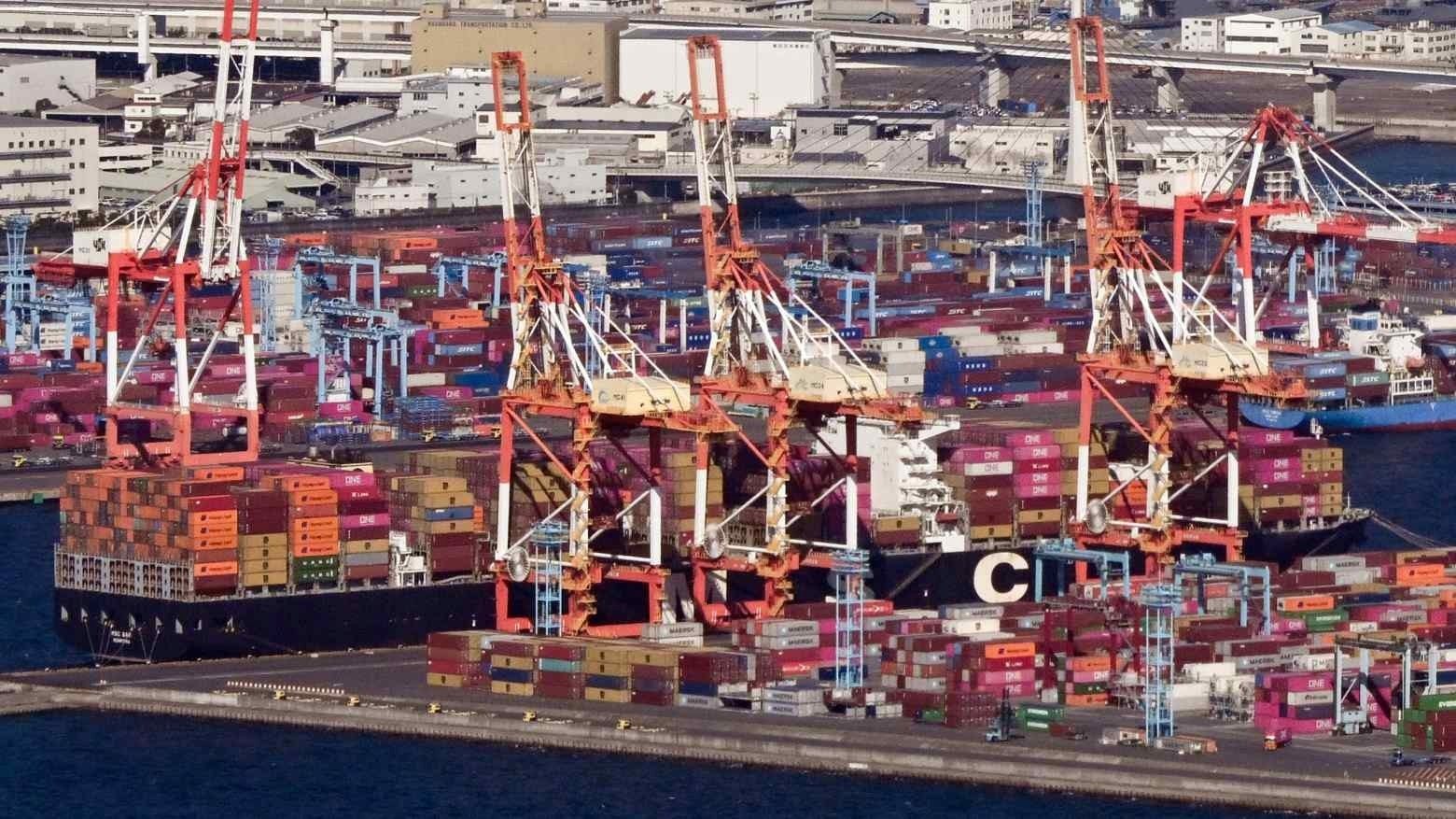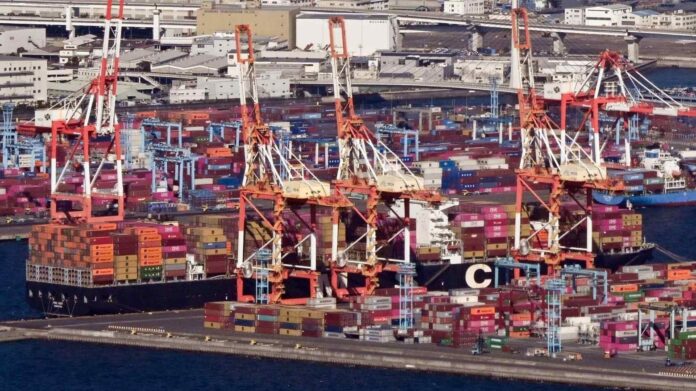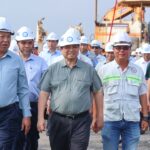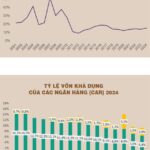
Providing insights on the impact of this tax policy on the market, Mr. Nguyen The Trung, CEO of Capigrow Investment JSC, suggested that we need to broaden our perspective on the current business environment, which encompasses a multitude of composite effects, including: US tariff policies; market upgrade opportunities; the Party and State’s policy orientation as reflected in Resolution 68; the merger of administrative units, the improvement of administrative procedures, which is still in its infancy and incomplete; and the psychology of businesses and people in the face of information on income tax, real estate tax, anti-counterfeiting measures, and electric vehicle orientation.
Combined, these factors will have both short- and long-term impacts on Vietnam’s economy in general and its stock market in particular.
Short-term impact of tax policy on the stock market
According to Mr. Trung, while this tax policy will significantly affect Vietnam, its short-term impact on the stock market will not be significant due to the following reasons:
- The number of listed companies directly impacted by this new tax policy is limited and accounts for a small proportion of the total market capitalization (<10%). Although it is not yet clear how each company will be negatively or positively affected by the 20% tax rate, overall, it will not cause a negative shock to the general market.
- The stock market is experiencing healthy growth in both index and trading value. Especially with foreign investors returning to net buying, market liquidity and investor sentiment have been further boosted.
- The stock market does not reflect the economy: The stock market only represents a small fraction of the economy with nearly 1,000 listed companies. Numerous studies and historical data have proven that the short-term fluctuations in the stock market do not reflect the actual state of the economy. Therefore, even if the new tax policy negatively impacts Vietnam’s exports to the US, it may not be reflected in the performance of the nearly 1,000 listed companies.
Therefore, in the short term, the market can continue to grow robustly, supported by increasing trading values and investors’ anticipation of the “market upgrade game.”
Long-term perspective – carefully select or avoid companies that investors do not fully understand
Companies subject to the 20% tax rate when exporting to the US must meet two criteria: LVC (local value content) and CTC (change in tariff classification). Detailed guidelines and a clear scoring system for these criteria across different industries are yet to be provided by the US.
Consequently, Vietnamese exporters to the US will need to develop the capability to demonstrate that their goods, even if using raw materials or semi-finished products from China, meet the LVC criterion (added value) of over 30% and have a change in product classification (for example: importing fabric rolls => exporting shirts).
In the long run, this policy could affect Vietnamese FDI and SME companies if they cannot prove that their goods meet the requirements. This will be a significant challenge as Vietnam still imports a large volume of raw materials and semi-finished products from China for subsequent production and processing for export.
In this long-term scenario, if Vietnamese exporters struggle to prove LVC and CTC, it may impact their exports to the US market, which could, in turn, affect the stock market.
Therefore, investors should:
- If investors want to target listed companies benefiting from tariff policies, they should seek out exporters to the US that are not subject to LVC and CTC requirements (a cherry-picking strategy).
- If investors do not fully understand the listed companies with export activities to the US, they should opt for other sectors or fields that are not directly or significantly impacted by these policies (a sector rotation strategy).
- Investors can also allocate a portion of their capital to invest in unlisted companies (or Pre-IPO) that are unaffected by tariff policies and have high potential (an Off-Market Allocation Strategy/Alternative Asset Shift).
“Investors should remember that beyond the nearly 1,000 listed companies, there are hundreds of thousands of promising investment opportunities outside the stock market. SME companies can be agile, leverage trends, and benefit from Resolution 68. Of course, there will be certain risks, but the opportunities are vast,” shared Mr. Nguyen The Trung.

Mr. Nguyen The Trung, CEO of Capigrow Investment JSC
Thus, from the perspective of this expert, in the short term, the US tax policy will have no impact on the stock market, and opportunities remain in the near future. In the long term, many companies may struggle to meet the criteria for the 20% tax rate, leading to certain risks. Investors should adopt appropriate strategies, such as selecting companies capable of demonstrating eligibility for the tax rate, avoiding exporters, and seeking opportunities in other sectors or exploring investments in unlisted companies.
“Finalizing Staff Benefits: Supporting Affected Personnel Post-Restructuring”
“Vietnam’s top decision-making bodies, the Politburo and the Secretariat, have issued a directive to promptly address and finalize the benefits and entitlements of officials impacted by the recent organizational restructuring. These bodies have set a deadline of August 31st, emphasizing the urgency and importance of resolving these matters without delay.”
Prime Minister’s 8th Inspection of Long Thanh Airport: Targeting December 19, 2025 for Substantial Completion.
On the afternoon of August 2, Prime Minister Pham Minh Chinh visited the construction site of the Long Thanh International Airport project in Dong Nai province. He inspected the progress, motivated the workers, and chaired a meeting to expedite the development of this highly anticipated international airport.














































